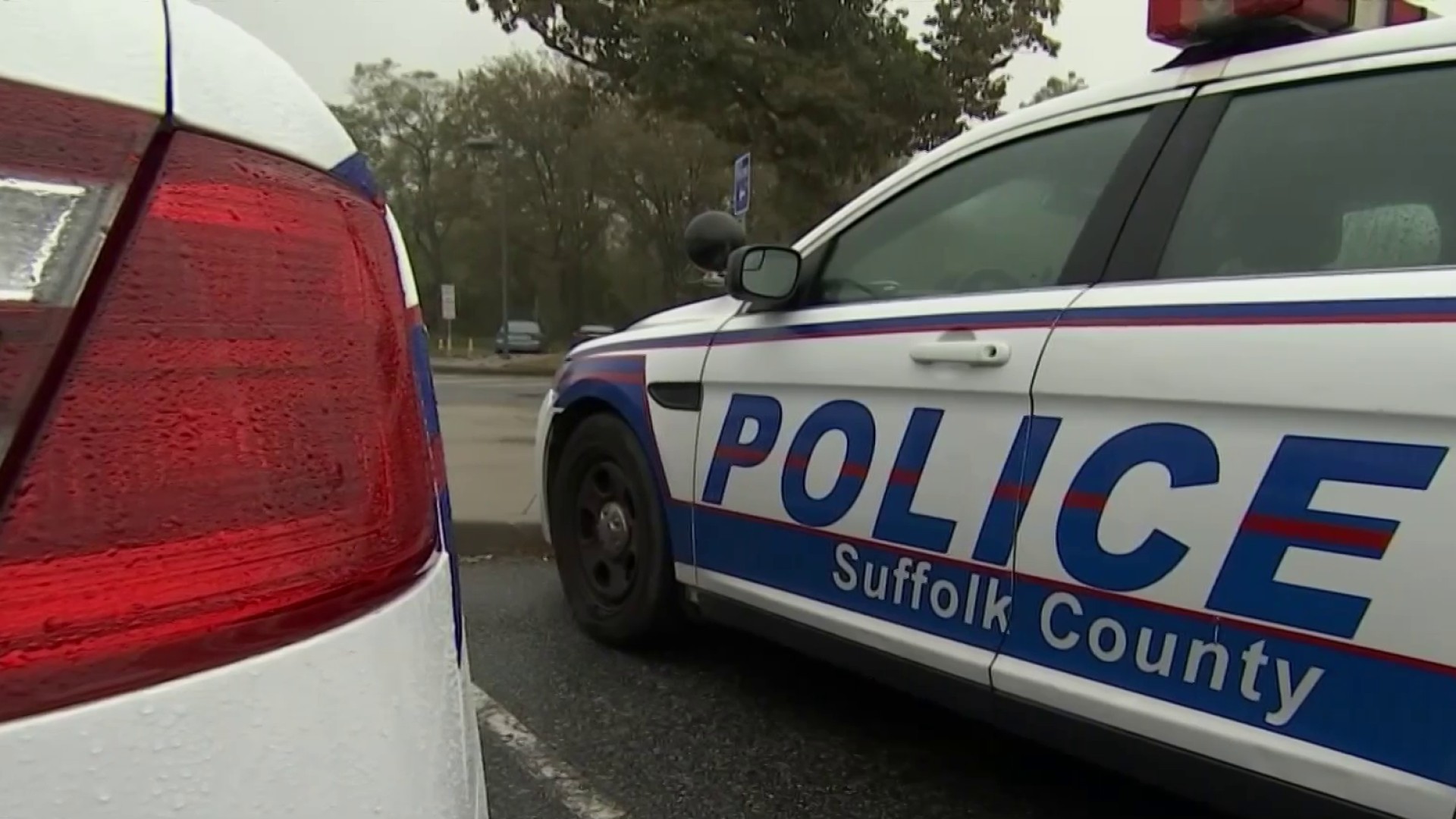Customs agents and health officials at Newark International Airport will begin taking the temperatures of passengers from three West African countries Thursday as it and other airports in the tri-state and across the country step up efforts to screen passengers for the Ebola virus.
Federal health officials said the entry screenings, which began Saturday at John F. Kennedy International Airport on Saturday, add another layer of protection to halt the spread of the disease that has killed more than 4,000 people worldwide this year.
Airports in Chicago, Washington and Atlanta will also begin screening efforts for passengers traveling from or through Liberia, Sierra Leone or Guinea Tuesday. Customs officials say that about 150 people travel daily to the United States from those countries, and nearly 95 percent of them land first at JFK, Newark or the other three airports.
Public health workers use no-touch thermometers to take the temperatures of the travelers from the three Ebola-ravaged countries; those who have a fever will be interviewed to determine whether they may have had contact with someone infected with Ebola. There are quarantine areas at each of the five airports that can be used if necessary.
At New York Hospital Queens near JFK Airport, doctors and nurses say they're prepared for Ebola and that an isolation area has been set up next to the emergency department for any suspected cases.
"We believe we're as prepared as we can be. We're practicing our preparedness every day," said Dr. Mark Kindschuh, head of the emergency department at New York Hospital Queens.
Emergency services Director Suzanne Pugh said the hospital is training nurses by sending in volunteers who pretend to be Ebola patients to see if nurses follow the correct protocols.
Local
One health care worker has been infected with Ebola in the United States: Nina Pham, a nurse at a Dallas hospital who cared for Thomas Eric Duncan, the only person who has died of Ebola in the U.S. Pham has not been able to point to any specific breach.
Dr. Sorana Segal-Maurer, director of the infectious diseases division at the New York Hospital Queens, said staff members there are performing drills to make sure there are no breaches of safety procedures.
"We're continuing to review all our standards to make sure we're adhering to the latest standards from the New York City Department of Health," she said.
The Queens hospital is about eight miles from Kennedy airport, which over the weekend began screening travelers from the three West African countries most affected by Ebola — Liberia, Guinea and Sierra Leone.
There are no direct flights to the U.S. from the three countries, but Homeland Security officials said last week they can track passengers back to where their trips began, even if they make several stops. Airlines from Morocco, France and Belgium are still flying in and out of West Africa.
Kindschuh said any patient arriving at the hospital with symptoms who has recently traveled to one of those countries will be given a mask and taken to the isolation area.
President Barack Obama has said the new screening measures are "really just belt and suspenders" to support protections already in place. Border Patrol agents already look for people who are obviously ill, as do flight crews.
Health officials expect false alarms from travelers who have fever from other illnesses. Ebola isn't contagious until symptoms begin, and it spreads through direct contact with the bodily fluids of patients.
The extra screening at U.S. airports probably wouldn't have identified Thomas Eric Duncan when he arrived from Liberia last month because he had no symptoms while traveling.
The World Health Organization said Tuesday that West Africa could see up to 10,000 new infections a week within two months if the world's response to the crisis isn't stepped up.



